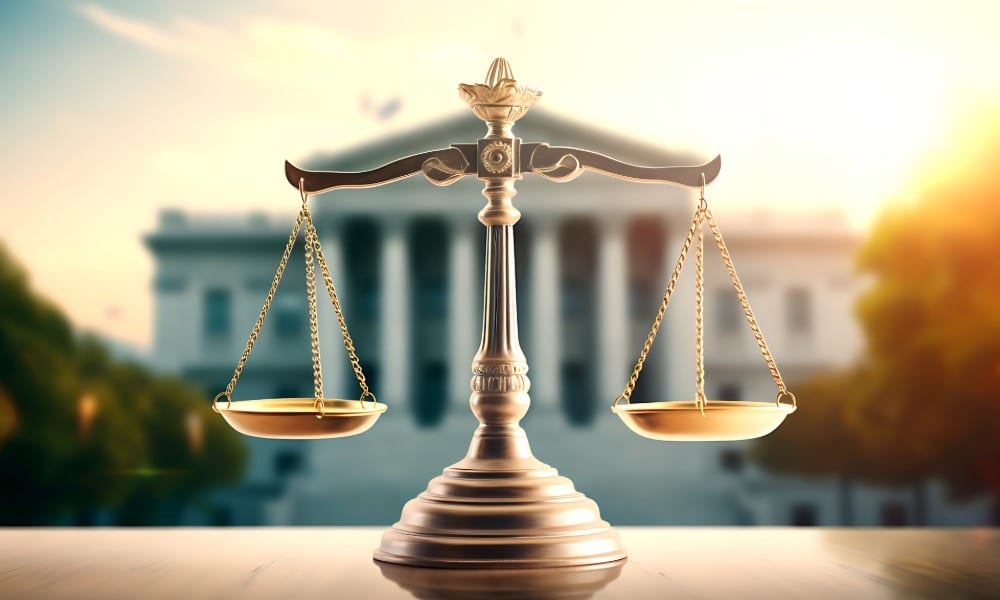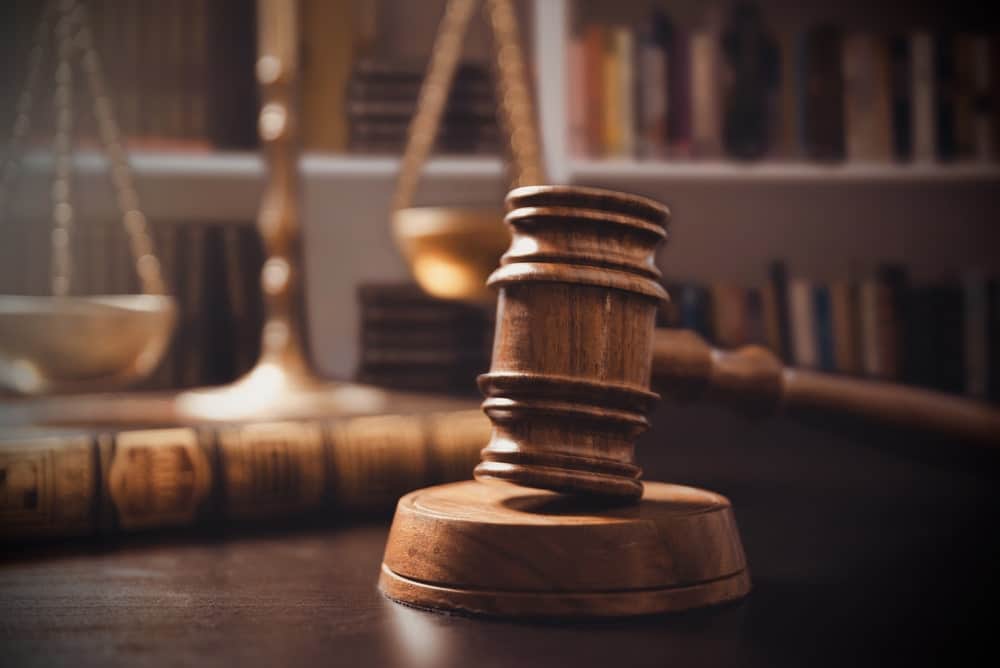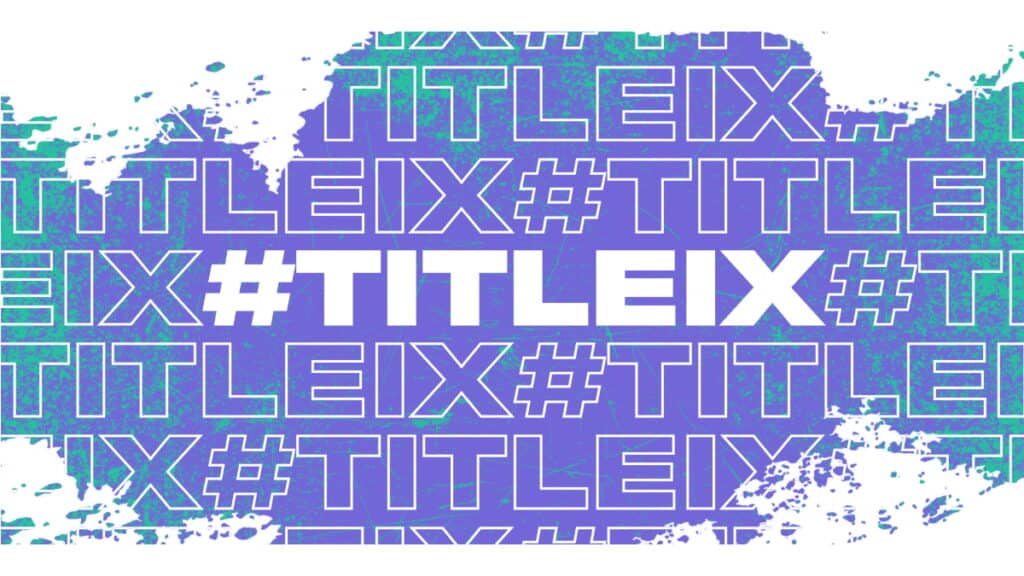Sexual exploitation of a minor is a severe offense in Maine with life-altering consequences. This crime involves persuading or enticing a minor into sexual acts, often aggravated by technology or travel. Convictions can lead to harsh penalties, including prison time and mandatory sex offender registration.
If you’re facing these charges, understanding your legal options and acting quickly is critical. The Maine Criminal Defense Group has the experience and expertise to challenge the evidence, protect your rights, and build a strong defense to pursue the best possible outcome.
Call 207-571-8146 or contact us online to schedule a consult with one of our highly skilled criminal defense & OUI lawyers, serving Southern Maine, today.
Table of Contents
Child pornography cases are rising in Maine
Maine has observed an increase in child pornography cases, influenced by evolving digital platforms and file-sharing technologies. Cases involving multiple explicit materials or content featuring very young children often lead to enhanced state charges. If the material includes extreme elements such as bestiality or violence, the severity of the charges escalates further.
Federal authorities pursue cases when substantial factors exist, like cross-state distribution or large-scale networks. In circumstances where both child solicitation and child pornography are involved, legal strategies become more complex, demanding focused defense approaches. Understanding these intricacies is crucial to addressing such allegations effectively.
How is child pornography defined in Maine?
Maine law addresses child pornography within the broader context of crimes involving the exploitation of minors. It includes the creation, possession, distribution, or solicitation of explicit material involving minors under certain statutes.
Solicitation of a child to commit a prohibited act in Maine
Solicitation of a child to commit a prohibited act, Title 17-A §259-A, occurs when an individual knowingly engages in conduct intending to involve a child in unlawful sexual activities. Under Maine law a person is guilty of this offense if:
- They are at least 16 years old.
- They know or believe the child is under 14 years old.
- They are at least three years older than the child they target.
- Violation is classified as a Class D crime.
The offense escalates to a Class C crime if:
- The individual soliciting the child knows or believes the minor is less than 12 years old.
- The same age gap of at least three years applies.
Definition of prohibited acts
Maine law identifies “prohibited acts” as involving the following:
- Sexual acts: Defined by physical sexual activities as per legal statutes.
- Sexual contact: Non-consensual touching of private areas for sexual purposes.
- Sexual exploitation of a minor: Includes acts like producing, displaying, or distributing visual depictions of explicit conduct involving minors under section 282.
These classifications are central to enforcement and penalty guidelines for child solicitation and exploitation offenses.
Call 207-571-8146 or contact us online to schedule a consult with one of our highly skilled criminal defense & OUI lawyers, serving Southern Maine, today.
Federal Child Pornography Laws
Federal child pornography laws address crimes such as the production, distribution, possession, and receipt of explicit material involving minors. These laws impose strict penalties to combat and prevent exploitation. Cases are typically prosecuted at the federal level when they involve interstate communication, large-scale operations, or distribution through digital networks.
Under federal law, the production of child pornography can result in prison sentences ranging from 15 to 30 years for first-time offenders. Penalties increase for repeat offenders or cases involving aggravating factors, such as violence or very young children. Distribution, receipt, or possession charges carry prison sentences of 5 to 20 years, depending on the circumstances.
Key prohibitions include using the Internet or any digital device to transmit or store child pornography and hiring or coercing minors into producing explicit content. Convictions often lead to mandatory sex offender registration and additional restrictions on employment, housing, and interactions with minors.
Federal laws apply strict liability standards, which means ignorance of a victim’s age is not a defense. Entrapment defenses may be possible if law enforcement induced you into committing the crime without prior intent. Federal prosecutions often seek severe consequences, especially in cases involving multiple victims or cross-state trafficking.
Defending a solicitation of a minor charge in Maine
Facing charges related to the solicitation of a minor in Maine can feel overwhelming, but understanding your legal options is critical. With the right defense strategy, you can challenge the evidence, question procedural errors, or argue entrapment if applicable. Each case is unique, so working closely with an experienced attorney ensures your defense is tailored to the specific circumstances.
Protecting your rights requires proactive action and a clear understanding of the laws at play. By seeking skilled legal representation, you can navigate the complexities of Maine’s legal system and work toward the best possible outcome for your case.
Contact The Maine Criminal Defense Group for help now
If you are facing charges for the sexual exploitation of a minor in Maine, taking swift legal action is essential. These cases carry severe consequences, but with an experienced defense strategy, you may be able to challenge the evidence, highlight procedural errors, or present mitigating factors. Every case is unique, and working with a skilled attorney ensures a defense tailored to your specific circumstances.
Protect your future by securing strong legal representation today. Call The Maine Criminal Defense Group at (207) 571-8146 or contact us online for a confidential consultation.
Call 207-571-8146 or contact us online to schedule a consult with one of our highly skilled criminal defense & OUI lawyers, serving Southern Maine, today.
Blog Articles

Facing a child pornography charge is one of the most daunting and life-altering experiences anyone can endure. These charges carry severe consequences, including potential prison time, hefty fines, and mandatory[...]

Solicitation of a minor is a criminal offense where an individual who engages in a conversation with a minor solicits or asks the minor to meet up to partake in[...]

Sexual assault and sexual battery both refer to criminal offenses where a victim does not provide consent to sexual contact. This contact may or may not involve penetration, force, violence,[...]

Both prostitution and solicitation are considered sex crimes in Maine. Buying or selling sexual acts or sexual contact is illegal and has traditionally been considered a criminal offense for all[...]

A protection from abuse order (PFA) can make it illegal for an individual to contact you or your children in the state of Maine. Filing a PFA is often a[...]

In a recent child exploitation case from Boston, a Maine man was found guilty by the federal court and sentenced to 13 years in prison and five years of supervised[...]

Accused or Charged with Sexual Exploitation of a Minor: What You Need to Know Allegations involving the sexual exploitation of a minor are among the most serious criminal charges a[...]

Note: We do not do any sex registry work but we do handle all sex-related cases Sex crimes are among the most destructive, antisocial behaviors in our whole society. Everyone[...]

When most people think of “Title IX” they tend to focus on the role on Title IX in preventing sexual or gender-based discrimination on college and university campuses. Title IX[...]

When people refer to “Title IX,” they are referring to the provisions of Title IX within the Education Amendments of 1972 (20 U.S.C. §§ 1681 et seq.). The purpose of[...]


